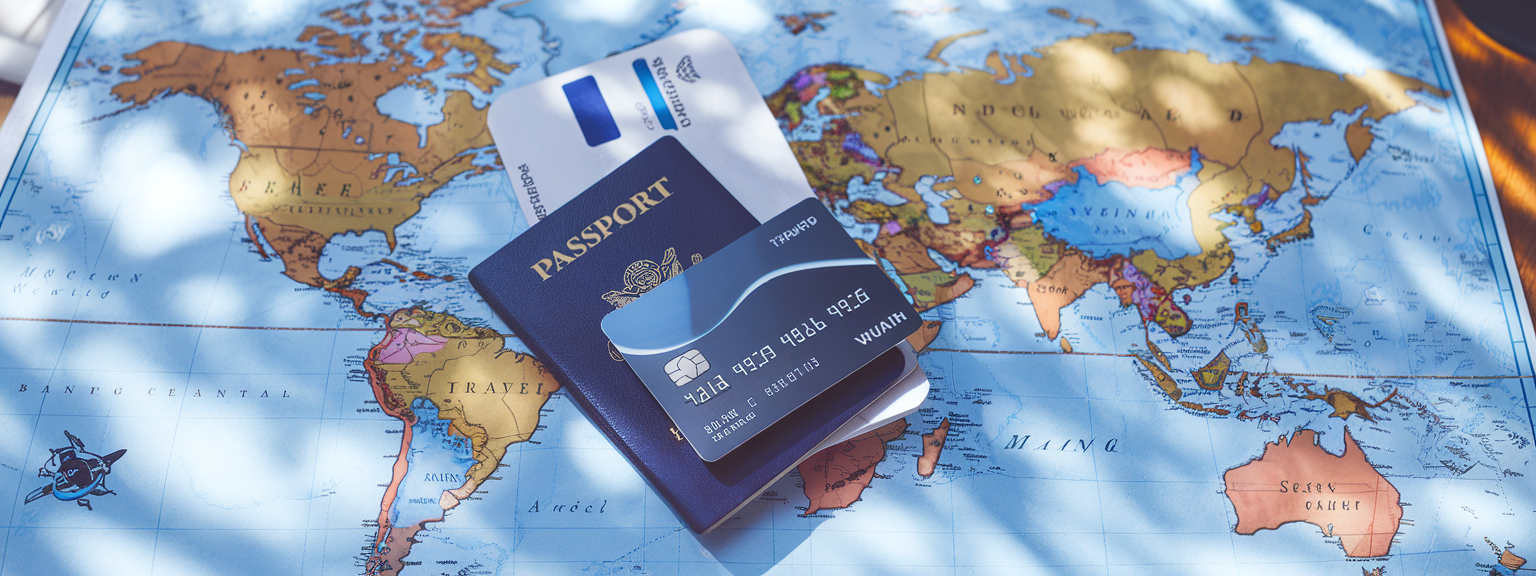Travel Insurance Documentation: Essential Guide for Every Trip
When planning a trip abroad, travelers often focus on flights, hotels, and what to pack—yet one of the most critical elements that can make or break a journey is travel insurance documentation. From international travel insurance policies to visa information and medical coverage certificates, having your papers well-organized ensures stress-free experiences even when emergencies happen. In this guide, you’ll learn what documents are essential, how to organize them, insider tips to safeguard your journey, and even a step-by-step checklist to prepare like a pro traveler. Let’s dive in.
📍 Must-See Attractions
While this section typically highlights tourist attractions, in the world of documentation, the “must-see attractions” are the core documents all travelers need before stepping onto a plane. Think of this as your travel insurance documentation landmarks—the essentials that make safe exploration possible.
Passport & Visa Information
Always ensure your passport is valid for at least six months beyond your intended stay. Research country-specific visa information, noting whether proof of international travel insurance is mandatory for entry, as in the Schengen region.
Travel Insurance Policy Documents
Carry a hard and digital copy of your travel insurance documentation that includes coverage amounts, policy exclusions, and your insurer’s contact details. This is essential if customs officers or health facilities ask for proof.
Medical Coverage Certificates
Certain countries and visa types require a certificate outlining your medical coverage. For example, Schengen visas won’t be issued without proof of minimum health insurance.
Emergency Assistance Information
A small laminated card that lists your emergency assistance hotline ensures quick help in critical situations. Hospitals abroad often request this immediately upon check-in.
Travel Documents Checklist PDF
Keep a checklist with passport requirements, policy documents, boarding passes, and hotel confirmations at hand. Having print and digital versions can prevent last-minute chaos.
🎭 Local Culture & Experiences
Every destination has its unique “culture of preparedness.” Some regions take travel insurance requirements very seriously. For example, in Europe’s Schengen zone, proof of medical coverage is non-negotiable. Meanwhile, Asian destinations may request travelers to carry both hard and digital forms of their documents.
Knowing Regional Requirements
In countries like Cuba, Saudi Arabia, and Ecuador, immigration may deny entry if you cannot prove medical coverage. Learning about these obligations beforehand avoids unnecessary surprises.
How Locals View Insurance Proof
In parts of Europe, travel insurance is viewed as essential as carrying your passport. Culturally, this reflects a strong emphasis on health and government compliance, not just financial prudence.
Real Experiences
Travelers without proper insurance documentation have been denied boarding or stopped at immigration counters. Stories like these emphasize that preparation saves you both money and unnecessary stress.
🔑 Hidden Gems & Insider Tips
Beyond the obvious requirements, savvy travelers find hidden documentation practices that make a big difference.
Digital Backups
Storing travel documents in encrypted cloud storage or secure apps provides peace of mind in case physical copies are lost.
Emergency Laminated Cards
Create a credit-card-sized laminated copy of your insurance details and emergency numbers for quick access during a crisis.
Multiple Copies on Hand
Keep one copy in your carry-on, another in checked luggage, and one digital backup. This redundancy system ensures you’ll never be without proof.
Insider tip: Some hospitals abroad prefer original printed certificates and may delay treatment without them, even if you show a digital file.
🗓️ Sample Itinerary or Day Plan
Here’s a timeline-style “itinerary” designed to help organize your essential travel insurance documentation before your trip.
4–6 Weeks Before Departure
- Check passport requirements and apply for any necessary visas.
- Confirm your international travel insurance covers policy exclusions relevant to your activities (like adventure sports).
2 Weeks Before Departure
- Gather travel insurance documentation.
- Get medical coverage certificates and vaccinations.
- Print hotel and flight confirmations.
1–3 Days Before Departure
- Print extra hard copies of all major documents.
- Sync digital copies to your secure cloud storage.
- Create a quick-access folder with essentials like emergency contacts and policy reference numbers.
💡 Travel Tips Specific to the Destination
Packing Suggestions
Always pack a waterproof document holder and split your documents across multiple bags for security.
Local Etiquette
Some countries require you to carry your passport and insurance proof at all times. In Japan, for example, police checks are common and compliance avoids penalties.
Best Times to Buy Insurance
Book your travel insurance as soon as you purchase flights to gain coverage against cancellations and unexpected disruptions.
Safety Reminders
Beware of scams—official authorities won’t demand immediate cash despite your insurance coverage. Always verify requests before taking action.
Bringing It All Together
Well-organized travel insurance documentation is just as vital as your passport. From check-in counters to emergency rooms abroad, having your papers structured and accessible can save time, money, and even lives. The checklist approach helps reduce stress and ensures compliance with legal and medical requirements worldwide.
By treating your travel insurance as essential as your passport, you safeguard not only your journey but also your peace of mind. So the next time you plan an adventure, ensure your documents checklist is packed with the same care as your suitcase.
“`







